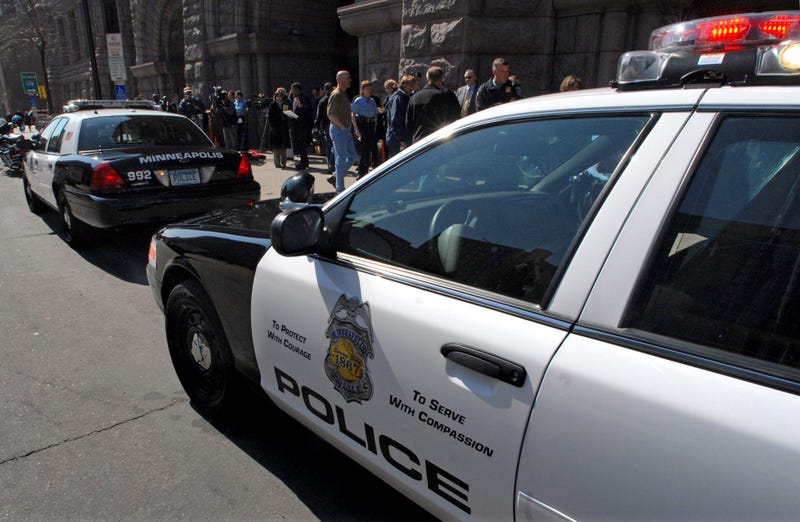
Minneapolis Mayor Jacob Frey, police Chief Medaria Arradondo, and several other metro mayors are calling on the state legislature to consider another facet of public safety policy: reforming the arbitration process.
Frey said having local department decisions overturned undermines trust and accountability.
"We're talking about eliminating the arbitrators' authority to reduce or reverse disciplinary and termination actions that have been by a chief when an employer demonstrates the officer has engaged in egregious conduct," he said.
Arradondo called arbitration reversals “debilitating” in the efforts to truly change the department’s culture.
"I've made a commitment that we are going to have a new MPD," he said. "Part of that new MPD needs to be that the disciplinary decisions I make as chief, they have to mean something."
Bills in the house and senate propose a critical incident review process for peace officers involved in shootings. Arradondo also supports HF 72 which addresses arbitrator selection.
Richfield city council member Mary Supple also spoke in support. That city experienced its own termination reversal in the case of officer Nate Kinsey, who was fired in 2016 after video showed him striking a Somali-American teen. He did not report the use of force per department rules.
In rejecting the city’s effort to fire him, a Minnesota Supreme Court Justice wrote: “state statute requires arbitration, and the City’s contract with the Union gives the arbitrator the authority to decide what constitutes just cause for termination.”
"Instead of termination, the arbitrator recommended a disciplinary action of only a three-day suspension." Supple said.
Minnesota Police and Peace Officers Association executive director Brian Peters said in a statement that this proposal “simply erodes worker protection and due process," and that officers should not have “lesser rights” than other public employees in contesting discipline before a neutral third party.
He also cited data from the Bureau of Mediation Services used by the state’s working group addressing fatal police shootings: From 2006 to 2019 it found out of 67 cases involving a law enforcement officer, termination was held in 55 percent percent, a rate is on par with sustaining termination for other types of employees (52%). Peters also cites that in 14 years there were three cases involving serious on-duty conduct in which an arbitrator sustained the charges and imposed lesser discipline.
